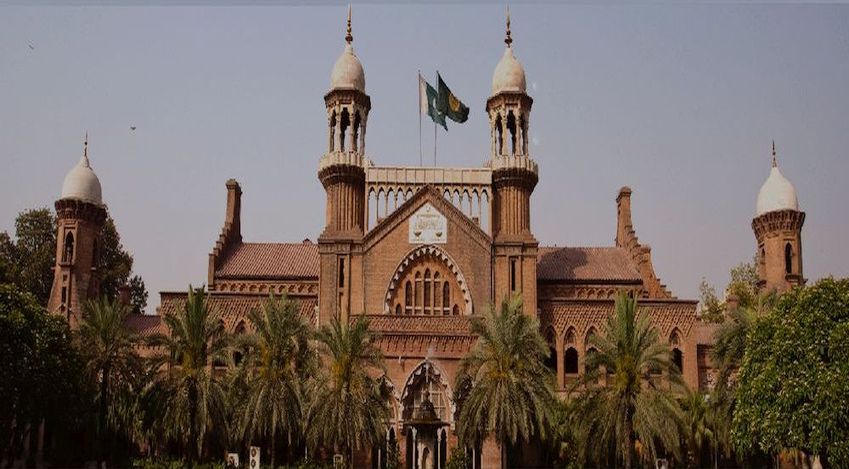Under the Punjab Waqf Properties Ordinance, 1979, only the Chief Administrator Auqaf has the Authority to Determine and Declare Waqf Property --- Lahore High Court, Lahore
Islamabad 08-10-2024: The Lahore High Court has dismissed an appeal filed by Riaz Ahmad and others challenging the District Court’s decision that declared a disputed piece of land in Kasur as Waqf property belonging to the Auqaf Department. The appellants contended that the land was originally leased to Syed Hussain Shah as “Patta Dawami” (perpetual lease) and later sold to them through various sale deeds, asserting their ownership rights. However, the Court rejected these claims and upheld the Lower Court’s decision, affirming the land’s status as Waqf property associated with the shrine of Hazrat Baba Bhullay Shah.
Mr. Justice Masud Abid Naqvi, while announcing the judgment in the appeal titled “Riaz Ahmad etc. Vs Secretary to Govt. of the Punjab etc.”, observed that the appellants’ claim was based on unregistered sale deeds that did not confer any ownership rights. The Court ruled that under the Punjab Waqf Properties Ordinance, 1979, only the Chief Administrator Auqaf has the authority to determine and declare Waqf property.
The appellants argued that they were rightful owners of the disputed property, as the sale deeds executed in their favor were a legitimate transfer of lease holding rights from the original lessee, Syed Hussain Shah. However, the Court pointed out that the appellants failed to provide any documentary evidence of consideration being paid for the alleged perpetual lease, a mandatory requirement under Section 105 of the Transfer of Property Act, 1882.
Relying on the precedent set in “Government of Sindh and others Vs Muhammad Shafi and others” (PLD 2015 SC 380), the Court emphasized that any lease of immovable property extending beyond one year must be registered, as mandated by Section 17 and Section 49 of the Registration Act. The appellants’ failure to produce a registered lease document further weakened their claim.
The Court also noted that the disputed land in the records, was intended for religious use and attached to the shrine of Hazrat Baba Bhullay Shah. Mr. Justice Masud Abid Naqvi highlighted that only the Auqaf Department has the authority to administer such property, and the Central or Provincial Government had no claim on it. The Court upheld the notification issued by the Auqaf Department on 20.01.2010, declaring the land as Waqf property.
The appellants’ reliance on cases such as “Auqaf Department through Chief Administrator Auqaf, Punjab Lahore Vs Secretary, Ministry of Religious Zakat, Ushar and Minorities Affairs Government of Pakistan, Islamabad and 3 others” (2009 SCMR 210) was found irrelevant as the sale transactions were deemed fraudulent and a result of connivance with officials.
The appeal is dismissed and order of the District Court upheld.
Mr. Justice Masud Abid Naqvi concluded that the appellants’ attempt to pose as owners based on unregistered sale deeds, without fulfilling the legal requirements for a perpetual lease, was untenable. The Court affirmed that the disputed land remains under the control of the Auqaf Department as Waqf property and dismissed the appeal.
The Lahore High Court’s decision reinforces the principle that Waqf property, particularly when linked to religious sites, is governed strictly under relevant statutes and cannot be transferred or claimed through unregistered or fraudulent transactions. The ruling is seen as a significant affirmation of the Auqaf Department’s role in managing religious endowments in the province.








